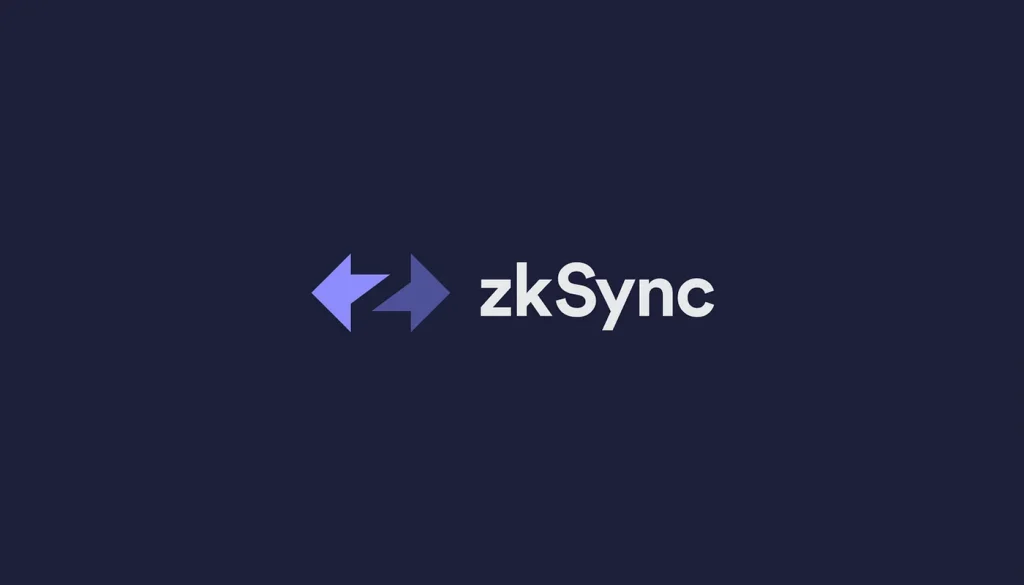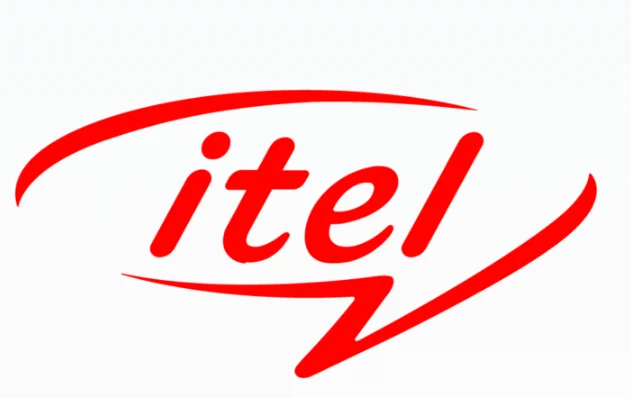The cryptocurrency market experienced sudden upheaval as the price of the ZK token plunged by 17% in just 30 minutes following a damaging security breach. The exploit allowed an attacker to seize control of nearly $5 million worth of unclaimed tokens from ZKSync’s airdrop contract, sending shockwaves through the crypto investor community.
ZKSync, a Layer-2 Ethereum scaling protocol developed by Matter Labs, confirmed that the attacker compromised administrative credentials linked to the smart contract managing leftover airdrop allocations.
ZKSync Responds to Breach, Assures Users
In a statement posted on X (formerly Twitter), ZKSync quickly addressed the situation, emphasizing that the incident only affected unclaimed tokens and did not endanger user wallets or the core protocol itself.
“This is an isolated incident caused by a compromised key and confined to the ZK Token airdrop contract,” the platform stated. ZKSync’s security team also announced that an internal investigation is underway and pledged to publish a full incident report in the coming days.
Despite these reassurances, the market reacted with immediate volatility. Data from CoinMarketCap shows that ZK’s price dropped between 15% and 20% shortly after 13:50 UTC. Although the token has since regained some ground, it still posted an 11% daily loss by the end of trading.
Community Reacts to Centralized Risk Exposure
The breach triggered alarm across the broader cryptocurrency ecosystem. Analysts and community members voiced growing concerns about the risks inherent in centralized control over token distribution. Many called for enhanced security protocols and decentralized oversight in managing large token allocations.
ZKSync reiterated that the protocol’s infrastructure remains intact and secure. According to their statement, the ZK token contract itself did not suffer any compromise, and no further tokens are in danger.
“All user funds are safe and have never been at risk,” the platform confirmed. “The ZKsync protocol and ZK token contract remained secure, and no further ZK is at risk.”
Fallout Raises Larger Concerns About Security in Web3
This incident underscores a recurring issue in the blockchain sector: even decentralized projects can suffer from vulnerabilities rooted in human error or compromised credentials. As Web3 adoption expands, the need for robust, proactive security audits has become more urgent than ever.
Critics argue that reliance on a single point of failure—such as an admin key—contradicts the principles of decentralization. They urge projects to adopt stricter governance, eliminate unnecessary centralized controls, and regularly audit smart contracts to prevent similar exploits.
ZK Token History and Current Standing
ZKSync launched the ZK token in June 2024 as part of a widely anticipated airdrop meant to reward early users and developers. The launch attracted significant attention but also stirred controversy. Some users criticized the distribution for lacking fairness and expressed doubts about the project’s Sybil resistance measures—mechanisms designed to prevent airdrop abuse by fake or duplicate accounts.
With a maximum supply of 21 billion tokens, ZK was positioned as a major contender in the Ethereum Layer-2 ecosystem. However, this recent exploit now casts a shadow over the project’s credibility.
Looking Ahead: Restoring Confidence Through Transparency
ZKSync faces a critical test in the days ahead as it works to rebuild trust and restore stability. The community will be watching closely to see how the team handles transparency, communicates updates, and implements new security protocols to prevent further breaches.
This incident offers a cautionary tale for the entire blockchain industry. As the decentralized finance landscape grows increasingly complex, developers and users alike must demand higher standards of security, accountability, and transparency.
For ZKSync, the next steps will not only determine the token’s market recovery but could also shape long-term confidence in its ecosystem.












